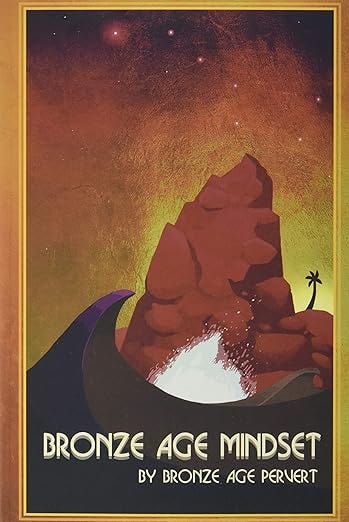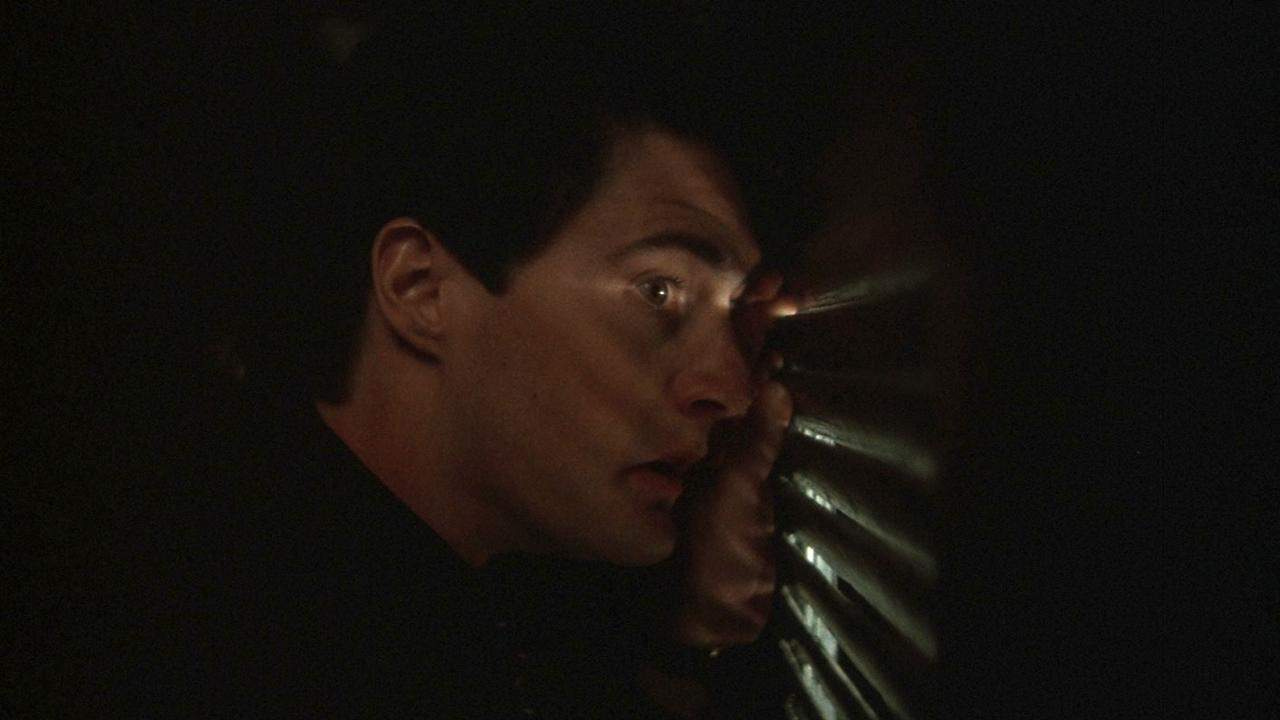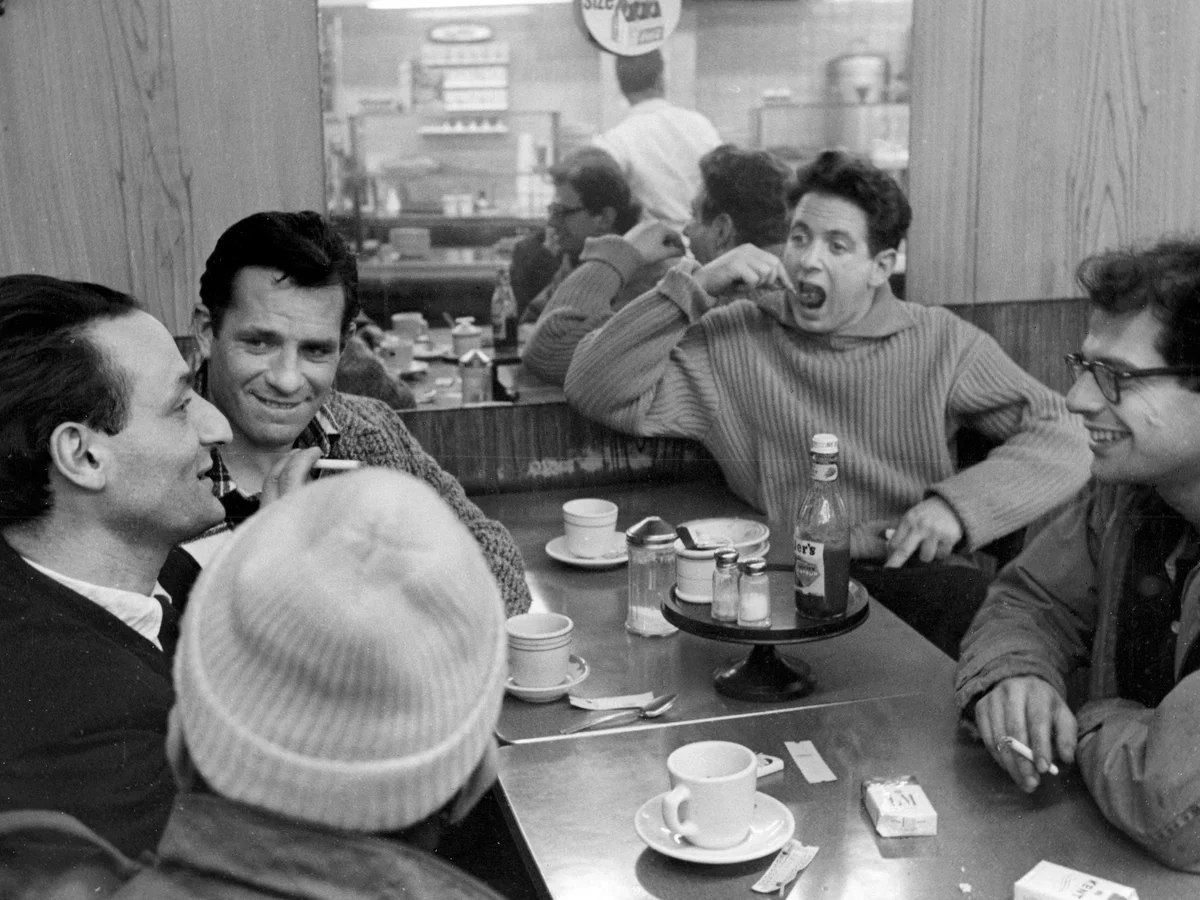Can Postliberals Address the Heideggerian Question?
Heidegger emphasizes Nietzsche’s stature as the last philosopher of Western thought. Before the French and American intellectuals garnered support from their new wave of leftist fans, the German thinker remained the final boss for not just him but also Leo Strauss as well. The open question of how to reconcile the ancient and modern world still finds itself stuck in Cold War era dialectic. We have seen right-wingers go viral within the conservative and dissident ecosystems. What is rare is for them to take the philosophy in a direction that is friendly to popular culture and add a dialogue with pre-post-war philosophy as figures like commentator Camille Paglia. Of course, Jordan Peterson and Sam Harris find themselves on a stage or in a studio discussing the weight of nihilism in the world and the implications it has on the youth. The millennials, assuming they still have credentials among the young, find themselves as the victims of this early midlife crisis. Matthew Schmitz described it as a black pill with wide-ranging effects. The Zoomer may never reach the euphoric state of millennial angst, which is a luxury by comparison. Regardless of the different levels of grief, Peterson and Harris merely reference that this nihilism is possible with those who don’t embrace classical liberal ideas. By contrast, some curious-minded dissidents have gotten more intimate with that underworld that the IDW shies away from for ideological or aesthetic purposes.
The significant takeaway about Bronze Age Mindset (BAM) is its citation of both Paglia and Nietzsche within the same worldview. What do an atheist liberal and a German vitalist yearning for European imperium have in common? They’re both art critics. Greek theater in the case of Nietzsche’s debut book or running cover for the Italian contributions to Golden Age Hollywood for Paglia. They sync up, for better and for worse. That’s the takeaway for the sake of modern readers. The speculation on Heideggerian philosophy and political entryism only appeals to academics, not the target audience. Instead, the art critic angle welcomes millennials to not be too snobbish against bygone figures, genres, and aesthetics that many older generations failed to preserve. BAP wants a birth of tragedy, as does Paglia. Curious minds should go beyond these rabbit holes of philosophy for its own sake. The goal is to escape nihilism and Schopenhauer found it in music. Nietzsche found it in theater. Where does that leave curious-minded dissidents today?

The attempt to go to donors and political allies for this aestheticism is a conflict of interests. It’s a contradiction. The Beatniks, a cadre of dissidents stuck on the skirts of counterculture, tried to survive nihilism with their peers. Unfortunately, they were siphoning from a well that would explode into a hedonistic powder keg years later. Not their fault. However, it eclipses what they were doing before the outflanking from the left. Beatniks were poets, writers, and curious-minded critics who wanted to address American decline. Sound familiar? Yet, they managed to condense philosophy and counterculture into romantic books instead of loud activism and Russ Meyer films. The art of condensing philosophy has been a struggle among modern postliberals; however, that might be the only way to bridge the gap between librarians and a wide commercial audience. A luxury for the frustrated right-winger clinging to his video essays and first-edition books. Are dissidents always going to be outmaneuvered by flashier subcultures or can they take the hint?
Their aesthetic ancestors weren’t just trying to get clout from their commercial success. It was a breakaway from politics. It was anti-politics. If the artists were given grants by the monarchs, they’d probably become unapologetic shills for the establishment. However, another dynamic ties both generations of dissidents. Marxist figures like Walter Benjamin can’t help but profile Charles Baudelaire with political indictments. They both love the arts, yet not for the same reason. Benjamin found politics that appeased his worldview in art, and Baudelaire found freedom.
For those who dare, it’s an invitation to engage in the project that BAP has implied with his musings on modernity and American decadence. It’s safe to say that many readers of BAM are American millennials and upper-class academics. This context allows us to familiarize ourselves with the environment that keeps the book on our timelines. Conservatives love Tolkien, Lewis, and Conrad. It’s the dissidents who can make it.
The implication of all the literature was to go beyond political philosophy and find it in aesthetics. Not as a substitute for holding high values or using art as a vehicle for passive entertainment. Both sabotage the intent of the authors trying to save the dwindling audience interested enough to escape nihilism. Unfortunately, many have taken the other approach. Surrounding themselves with a philosophy like librarians eager to find that niche audience into a convenient consumer base. All the crate digging, tastemaking, and elitism gets reduced to memorabilia hoarding or showboating among peers. None of this addresses the existential crisis that lingers over the critics. How can without devolve himself and those around him as his pawns?
To avoid falling in love with idolatry and creating pseudo-cults, the line that Paglia presents might benefit those on the right. 20th-century American popular culture must remain intact for dissidents. It’s not a departure from real culture or an embarrassment to the Western canon. Rather, young people have family and friends bound up in manufactured dreams. Americans, outside the homeschooled demographic, have plenty of culture that unites their identities with those prompted up in the arts. Of course, our younger generations were excluded from classical education and aristocratic taste. Regardless, the culture that their parents passed down to them, whether it be music or film, remains one of the last examples of social capital trickling down from the old stock. It may not be opera, but it’s not Spike TV.
It’s a redundant argument to pitch the potential for dissident media in our current era. Instead, the focus should be on how political philosophy left the right exhausted with endless rabbit holes about the history of ideas. If we use a hipster perspective on the books that changed people’s lives like Birth Of Tragedy and On The Road, it may help dissidents to find another way to untether themselves from the sun.
Benjamin Roberts references how this is relevant to philosophy. As Paglia indicates, modern decadence, whether it be the entertainment industry or recreational places like nightclubs, is the battleground for modernity itself. An industrialized age creates more avenues for hedonism in a cosmopolitan society, an inducement for conservatives and academics who distance themselves from pop culture. However, Paglia and BAP agree that these places are not for the religious or the conservative-minded modern man. Instead, the ones who see culture as the first phase of development will be attracted to the city of man. They will find themselves, like Jeffrey Beaumont in Blue Velvet, vulnerable to the vices of the modern world and depending on how they react are able to become who they are for better or worse. For a Straussian, this is a game far from the halls of academia. Nietzsche can’t be embraced in some dimly lit room with sex and death. BAP disagrees. In the style of Paglia, this side of society, which created subcultures that used to define national identity, has more authenticity than the corruption of D.C.

Jeffrey Beaumont in ‘Blue Velvet’
For those who are familiar with his Twitter account, you may notice a certain interest in Conservative Inc. as a fair target for BAP. For someone who seems to resemble Frank Booth at his worst moments, why does he care about fuddy-duddy dinosaur spokesmen like Bill Kristol? Could a larger contrast be made between the Hellenistic battle cries from BAM and the columns from Commentary Magazine? It’s because the latter gatekeeps the former. Not just in terms of politics, aesthetics has been the other angle. The right didn’t become aesthetic in order to be led by men like Kristol and Strauss. Has that been a successful model? If you love politics, it’s been a Machiavellian masterpiece for the wonks and think tank contributors who keep their business afloat. For the dissidents, they have to try to justify how these old men can trace their lineage to Baudelaire and Nietzsche. They don’t and it’s because of prioritizing politics over aesthetics. Paglia understands this when she laments the left and their eagerness to tow a party line. And BAP and her both agree on aesthetics and preserving culture. Why? Because they face the same gatekeepers. They both understand that national identity can stem from the major cities and not DC. Because the cosmopolitan society defined so much of the nostalgia that conservatives yearn for on the timeline. The grimy streets of 70’s New York, the golden age of Hollywood, and (arguably the most important one) the youth being emboldened by 60’s music represent facets of social capital. The conservatives acknowledge the crime and presidents associated with these eras, yet don’t have that aesthetic curiosity. Kristol slammed the door and most right-wing thought stayed in his grasp… until recently. Nietzsche’s obsession with what music represents, not discounting the weight it holds to a young audience, brings readers closer to BAP’s inclusion of the underworld. It’s not a moral endorsement, it’s an invitation to the dark side of academia. According to Wagner, music is the thing in itself and not a mere phenomena. It’s not a political prescription, which puts conservatives in the way of a Nietzschean tendency. It’s an aesthetic revolution that embraces modernity as a worthy weapon, a nightmare for Strauss. So the question remains, where does that leave Heidegger?
No more political philosophy and no more Heideggerian questions.
According to this German perspective on the crisis of modernity, metaphysics has to be overcome in order to reach the ancients. If we’re finding allies among the recent subcultures, does that ever get us to the philosophy questions in BAM or do we lose ourselves in that process? Will man be at home turning Nietzche into an idol, possibly embracing hedonism or is he stuck in his cage dwelling with the same philosophy Heidegger tried to get past? The counterargument is that these ideas can still be used since millennials have been deprived of the basic metaphysical questions addressed in BAM. A fair response, although this may be too much for most to care about. Does the underworld of today even match the decadent countercultures of the 20th century that meant different philosophies and trends compared to the politicized Allen Ginsberg acolytes of today? Perhaps, what we’re missing in this dialectic is the Beatniks among postliberals versus the bandwagon fair-weather friends who minimize its intellectual potential. No more political philosophy and no more Heideggerian questions. The Beatniks have been the untapped market for the taste of the millennials.
The larger project for Heidegger, as it was for Strauss, was to find the proper escape from modernity without pseudo-identity motivating the process. The students who protest, like those of Strauss, are caught in identity stuck in politics masquerading as philosophy. Conservatism also has the same limiting principle. The postliberals share it too. BAP considers a moral reaction from Bloom to be the same type of critique from conservatives. Whether it’s liberals or conservatives, these political people love to moralize their principles and aesthetics. Both are a poison pill for BAP. However, that is the Nietzchean perspective, and one might argue Heidegger’s as well. The arguments, sanitized by Christian or Socratic thinking, won’t suffice for a right-wing perspective trying to escape not just the 20th century, but also many of the religious justifications for moral claims. Again, the question remains: Does BAP want to embrace Nietzche as a prescription or engage with Heidegger’s “post-metaphysical” project?
Based on BAM, some philosophies can be salvageable prior to modernity and after as well. BAP finds a home in the underworld, regardless of the moral and political consequences associated with such activity. He isn’t concerned about either, because one thing we can find in the bizarre gonzo journalist escapades overlap with Sailor’s life from David Lynch’s Wild At Heart. A man who clings to bygone aesthetics and will to power in spite of the declining society around him. Some might argue he’s ignoring his national obligation to make a moral case for its revival, yet that’s the religious and political project that BAP actively avoids. So, the reader must decide what that means for himself in the narrative of his psychedelic hayride into American decline. Millennials could, plausibly, affirm the lessons from a pre-modern philosophy and possibly put them in dialogue with Heidegger or Paglia in order to find something that transcends philosophy altogether: the religious case for escaping the modern world. Ultimately, one of the compelling ways to overcome Nietzche is to make a moral case against him and his appropriators on the left, as Bloom had noted. Many on the right effectively do the same philosophical crime when they impose their will for political action without theology. After all, man has a telos, and one of the best forms to express that in art, like Keuroac, is with a religious conviction.

Jack Kerouac
Will BAM find itself as the Keuroac novel eclipsed by Ginsberg’s excesses? Paglia may be the poison pill that squanders the philosophy, not an asset in the long run. Conventionally, fans would try to engage with the woes of modernity as she did with the help of Harold Bloom.
Men like Michael Millerman have helped frame post-war conservatism, as Paglia helped frame American entertainment post-19th century as an extension of art, not a negation. These are persuasive cases for making history feel present rather than retrospective. Yet, where else can the right find its categorical imperative to find not just honor, but morality as well? A question not concerned by those trying to rid the world of Socratism across philosophy. However, there is freedom, an aesthetic revolution, to be found by opposing the Weimar-tier decadence of today by not just relating to prior eras of artistic peak as Scruton would agree to. There also has to be a metaphysical justification to pull man out of his techno-dystopia that he can only find political reasons to refute rather than moral ones.
What has happened since 2018 is an appetite for culturally appealing philosophy, not philosophical pop culture. This distinction helps frame the crisis within Nietzchean thought as fans and academics address what BAP represents in the 21st century. As for the verdict on that, readers have to decide whether they can become good poets before being good philosophers.
Zoomer Writer is an American cultural commentator. He has written for IM_1776 and The Mises Institute.





